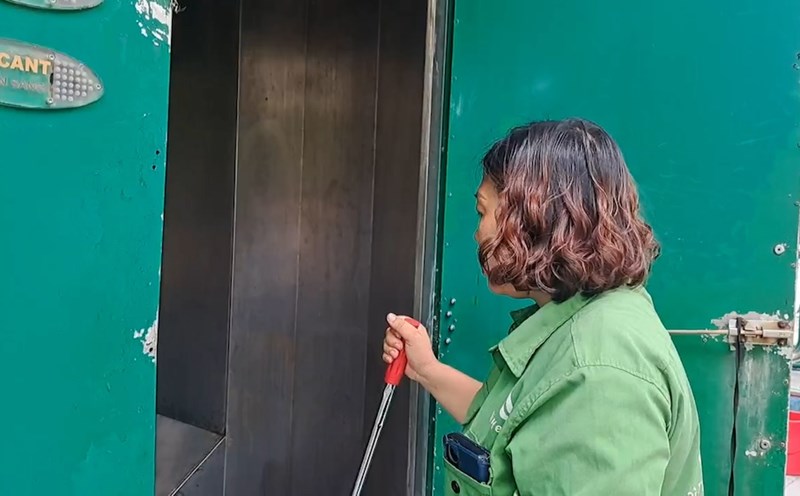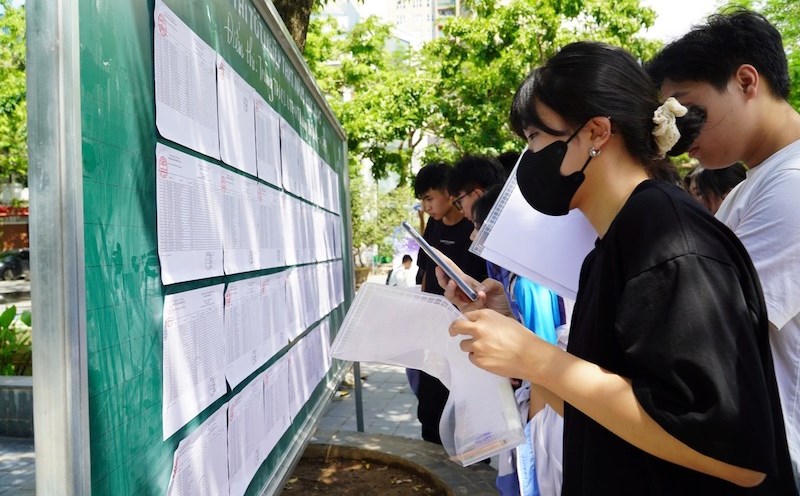The Hanoi People's Committee has just issued an official dispatch requesting agencies, businesses, hotels, restaurants, schools, community activities and households to open free toilets to serve people and tourists on the occasion of the 80th anniversary of the August Revolution and National Day on September 2.
The Hanoi Department of Culture and Sports plans that this year's holiday will have about 30,000 - 40,000 people participating in parades andidees and millions of tourists coming to Hanoi to visit and experience.
At that time, Hanoi's public health system will certainly be overloaded, unable to meet the demand.
Therefore, proposing and calling for socialization to ensure minimum conditions such as clean and civilized places to go is an urgent requirement. Especially when the whole city currently has only 351 public toilets, but most of them are degraded and damaged.
This is also the way that many tourist cities across the country such as Ho Chi Minh City, Hue, Da Nang and Truc Bach ward of Hanoi have successfully applied.
However, after all, calling for and mobilizing the socialization of free toilets is only a temporary solution to solve the situation.
Because opening toilets for a few tourists at certain times is fine, but for a long time, dozens, hundreds of tourists, when the number of users increases dramatically like during major holidays, the inconvenience will be very obvious.
In fact, from many localities, such as Hue city, starting from 2017, there have been many failed lessons from socialization and free toilets related to service subjects.
For example, many establishments have had their belongings stolen, their belongings damaged, and they are dirty... after letting some people and tourists without awareness go to the toilet. There are even cases where drug addicts come to establishments with free toilet signs to attract them.
Of course, that is only a small part of the people, tourists lack awareness. However, this part makes businesses and households feel hesitant when local authorities mobilize them to participate.
Long-term and sustainable, in parallel with socialization, Hanoi still has to have a plan to build public and mobile toilets that meet standards, even 5-star standards like many public toilets in Hue. Whether or not to collect the remaining fee depends on the policy and budget of the locality.
In the immediate future, Hanoi must urgently invest in upgrading 351 public toilets in the city. This is an issue that has been reflected in public opinion and the press for many years, but the change is very slow.
Public toilets are an important factor in assessing the level of development and civilization of a society, a locality, a tourist destination, an inseparable part of a civilized, modern and friendly face.
Hanoi, as the capital and one of the top destinations in the country, cannot let going to the toilet become a nightmare for people and tourists.












